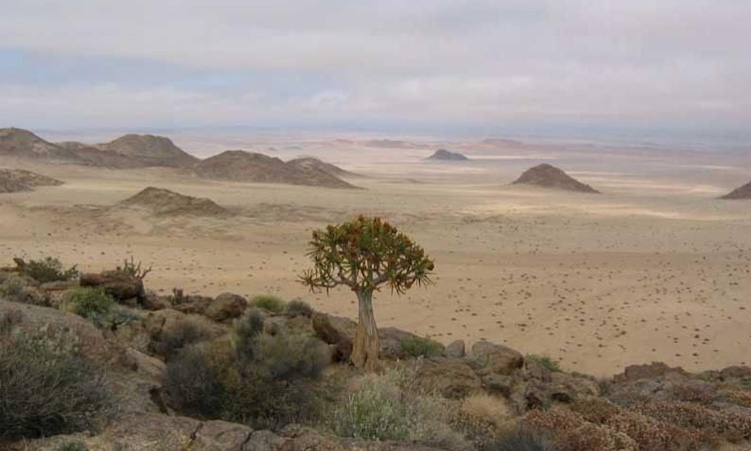JOHANNESBURG – Next year’s soccer World Cup will have a major impact in building racial harmony and stimulating future economic growth in South Africa, organising committee chief Danny Jordaan said yesterday.
In an interview, Jordaan also dismissed concerns over transport, accommodation and crime during the World Cup.He said June’s Confederations Cup, viewed as a rehearsal for 2010, had seen whites and blacks, rich and poor, mixing and sitting together at matches.’It is an experience that many people never had in this country. All of those things convey the kind of images and the mood we want the world to see of a country of both black and white celebrating football.’If the same atmosphere prevailed during the much bigger World Cup next June and July ‘then I think we will have taken a significant step forward to create that non-racial country that (Nelson) Mandela was dreaming of.’Jordaan said the success of the Confederations Cup had changed the atmosphere ahead of 2010 from doubt and questioning to anticipation and excitement. ‘The doubting Thomases are now believing Thomases,’ he said. Asked about crime, a serious concern because of South Africa’s record levels of murder and rape, Jordaan said visiting fans would be in the same situation as the 9.5 million tourists visiting South Africa annually, almost all without problems.Security around the event, when the fans, teams and tourists would be in known locations which police could monitor, was completely different to random general crime. EVENT SECURITY South Africa had successfully staged many events, including a rugby and cricket world cup and hosted the recent British and Irish Lions rugby tour at the same time as the Confederations Cup without major incident. ‘This country has the capability and the capacity to deal with security from an event standpoint. Crime is a different challenge.’Asked about South Africa’s current ‘winter of discontent’ of labour disputes, which included a now-resolved strike by workers building World Cup stadiums, Jordaan said working class South Africans were football fans and committed to the event. ‘I think the workers understand the importance … for the country. We want not just infrastructure improvement and increased tourism. We want to see it as a nation building exercise, we want to see a brand building image makeover for this country and the continent… we want to attract more tourists, more foreign direct investment, greater trade, so that it will be a lasting legacy beyond the event.’ The World Cup had brought a top international airport in Johannesburg, a high speed train to the city from there, an improved road infrastructure, 25 new hotels, new sophistication in banking and significant investment in telecommunications, technology and broadcasting. ‘These are all the things you need to create the kind of investment environment for further investment growth, increased trade and of course job creation.’Jordaan said the current 15 000 shortfall in rooms needed for the estimated 450 000 fans expected for the World Cup would be met by smaller hotels, guesthouses, hostels and private homes that had not previously been included in planning. Organisers would open ‘fan embassies’ to help visitors find accommodation. A thousand new buses would be bought and 200 aircraft earmarked to transport fans and teams. Jordaan defended a plan to fly fans from hubs in the south and east of the country and even from Mauritius, four hours flight away, into and out of matches, saying richer supporters might want to combine the World Cup with a luxury holiday. ‘Poorer fans will stay as close as possible to the event location.’Jordaan said South Africans were expected to buy around 800 000 of the 3,2 million match tickets. Authorities are trying to ensure poorer South Africans bring their unique and noisy atmosphere to matches by providing cheap tickets and giving away 120 000, some 40 000 of them to workers who built the stadiums.- Nampa-Reuters
Stay informed with The Namibian – your source for credible journalism. Get in-depth reporting and opinions for
only N$85 a month. Invest in journalism, invest in democracy –
Subscribe Now!






